Over the pandemic (and afterward) I derived great comfort and joy from the Iowa City artist Lauren Haldeman’s comics. I love how, in a few lines and a couple of panels, she so perfectly captures the humor, banality, irritation, struggle, joy, weirdness, and sadness of being a person who happens to be a mother, particularly under lockdown. You can learn a lot more about her on her website, where you can also find ways to purchase her award-winning book Instead of Dying, in which she contemplates the alternate lives of her deceased brother Ryan. Below we talk about raising an only child during a pandemic, sobriety, poop, grief, and being a genderqueer parent. I loved this conversation and think you will too.
How did you make do raising an only child during the pandemic?
My kid’s very social. Most of my work was trying to accommodate her need for interaction. She is 11 now. She was 9 when the pandemic began. We were in the house under the quarantine for quite a while, my partner Ben and my kid Ellie, and she started to go through what I’d consider the preteen phase, trying to figure out a way to create more independence in this 700 square foot tiny house. It’s really hard for a human to find independence that way. She was also losing the independence we’d built up over the past few years. We’re together in this house and she’s not able to practice it and there was this nervous energy. She ended up sleeping in my bed with me again but since she is a preteen now, she didn’t want me to get near her. We’re in this queen-sized bed, trying to sleep, she doesn’t want, like, my knee to touch her, or she doesn’t want to touch my elbow. You can’t have it both ways kid! I have a body too. You can sleep in your own bed. I think that’s a perfect metaphor for what we were going through--this sudden need to be closer to her protectors and this biological need to get away from us. The dichotomy was really confusing. She spent a lot of time in her room, a lot of time slamming her door. But then, she would panic if she didn’t know what room I was in this tiny house, if I was in the yard and she didn’t know I had gone out. We’re slowly growing out of that.
At the beginning of the pandemic, I had this terrible image in my mind that Ben and I would both get COVID and no one could help us. We’d be sick in bed and Ellie would have to be alone. I went through this boot camp with her, showing her “This is how you microwave soup. This is how you do laundry, this is how you do the dishwasher, how you turn on the stovetop.” It was like this little army training if it was ever the case that she was alone in the house for some scary reason and needed to survive.
Did you make a conscious decision to make art during COVID or was it more of a coping mechanism that you used when it came to you?
When I first started drawing these cartoons, I didn’t have any other plan except to keep myself sane. The first four weeks of the pandemic all I could think about was COVID. Do we have it? Are we going to get it? How are we going to manage? I’m diagnosed with OCD, so I couldn’t think about anything else. Then one day I was cutting up some garlic to make some crazy immunity smoothie or something and I thought, “It’s like a single serving size packet.” I was like,” I should illustrate that thought instead of just typing it into the Twitter ether.”

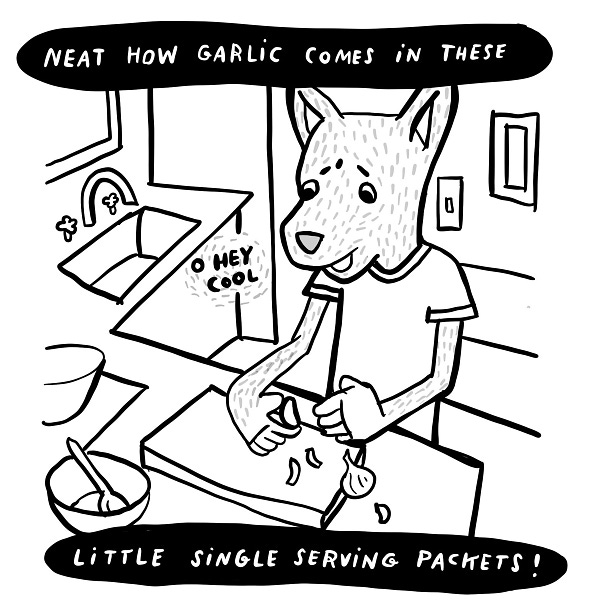
When I drew that and I posted it, 1.) A lot of people responded and it felt like some sort of social thing was happening and 2.) I realized that was the first time in about a month that I had thought about anything else other than COVID. I thought “We need to keep doing this. We need to break my cycling fretting brain out of its spiral.” I felt like, now I’m having conversations with people about these things. I was thinking about them instead of washing my hands 100 times or wondering if the groceries had viruses on them. And so it was really a survival technique at first which has been my belief for a while, creative work is a survival tool.
As my acute fear of the virus lessened and it was more just a basic spice rack of fears, I found that drawing and planning the comics was a way to structure my day too. I’d log into work in the morning, do some work, around lunchtime, I’ll sit down and sketch out the next one. And then I noticed Ellie was reading them. She started liking them. I thought, “This is a part of our relationship that I’m building where she sees herself in these comics and she reads what’s going through my mind, there’s a connection there too.”
How did you come to draw people as wolves?
My brother Ryan, who I adored, was killed in 2012 in Denver. He was randomly attacked on the street, stabbed, and bled to death. I had talked to him the night before on the phone. He loved wolves. I was making these masks at the time. I told him that I would make him a wolf mask. And then hours later, he died. It was very sudden and violent, and I didn’t know what to do. I was heavily grieving. After a couple of months, somebody asked me to draw a picture of him for the journal jubilat. I drew him with a wolf head for some reason. I really liked the way it looked and that it honored Ryan. I can imagine that Ryan would think it was very cool. The next time I drew a person, I drew them with a wolf head. I just decided I’m going to draw everyone with a wolf head, partly in honor of Ryan and partly because it’s easier to draw than faces. And it’s how I feel too. I feel part beast at times. I have a book coming out from Saraband in 2022 which is partially graphic novel and partially poetry and everyone in there has a wolf head.
I really like it. There are so many depictions of moms in cartoons as these asexual short-haired people in socks with straight lines for mouths and dots for eyes.
There’s something animalistic about being a mother. It was the first time I had such a viscerally beastlike experience, realizing that I’m a mammal and I’m also kind of ferocious and messy. There are so many parts of motherhood where you’re like “Oh right, I’m a beast,” especially that mother’s instinct to protect.
A lot of your work is about mental health and dealing with depression. How do you discern what will resonate with people versus what to keep to yourself?
I’m coming up on 11 years sober. One of the biggest things that sobriety taught me was, to be honest. I learned that I have to be honest with myself if I wanted to stay sober, not just about my drinking habits but about my feelings, my faults, my fears. Being honest becomes a little addictive too! When you’re honest with someone, something opens up and there’s almost a high from that connection. at least from me. When I’m drawing the comics, if something’s on my mind, like crying in a public bathroom, I’ve gotten to a point where I’d much rather share that and get it out there than hold it in out of fear of being embarrassed or being seen as weak, because the connections I make from sharing it really help me to feel less alone.
It can be a very lonely place when you’re just stuck with your own secrets. I don’t have a plan to mix the funny ones with the philosophical ones with the serious ones, I just try to put them out when they come to mind and it turns out that it’s kind of this strange mix—that’s what life is, right? It’s awful and funny and full of despair and joy and boredom. There were a couple of ones where I was like, “This is too much. I don’t think I want to share this. People would be grossed out or whatever, like the fact that I was weighing myself after I pooped.
I mean, if you don’t weigh yourself after a massive shit, did it even happen?
Here I am in my alone head, “You’re such a fuckin’ weirdo. What the fuck’s wrong with you? If anyone knew this they wouldn’t be friends with me anymore.” But then I thought why not draw a comic about it? it turns out so many of us do the same thing!
That’s also a fear that I’m going to post something and people will be offended or I’ll have said something wrong and I try to get over that fear too. I posted something about ways that we could strengthen our democracy and expand voting. I’m from the DC area originally and I’d love for it to be a state. I included Puerto Rico there too, as a possibility for statehood. One of my friends from Puerto Rico wrote me a private message and said this subject is way more nuanced and explained it to me. I said, “Oh my God: I’m sorry, I didn’t realize this, and I’m learning.”
The next post I put up, I tried to write out what he had told me, and I ran it past him. So I had learned from getting feedback on a comic, which is kind of magical in a way: I could learn something that important and that complex just through a little drawing I made a conversation.
What’s your relationship with social media like? How do you find the sweet spot that’s not too much?
I used to get what I call “Twitter induced dizziness”—when I was on too long I was breathing really shallowly and my eyes had been following that scroll and I’d get these bouts of dizziness. This is a physical symptom of a habit so we need to take a break, but it’s addictive. There was one comic I drew about the adrenaline from reading social media and how reading the news covered up my feelings of grief and sadness. It was a lot easier to feel angry and rushed and adrenalized than it was to feel sad. Sadness is one of the feelings I don’t want to get near. I’d just rather be angry or amped up or worried than sad. I’m trying to work on that. I think social media can be a way to not approach those feelings. I remember viscerally realizing one day that I was starting to feel sad and I immediately opened up Twitter and Instagram and it was this immediate distraction from the possibility of feeling sad. I was mindful enough to notice that chain of events. That was a big realization. I will go into that hole, it’s an escape from my family and my duties as a mother. I try to watch, “What am I trying to get away from? What am I trying to gain from this? Is there anything else in the physical world I can do?”
I remember them saying in AA, “If you’re thinking about drinking, do the dishes.” Sometimes I’ll do that with social media too. If you’re thinking about getting on Twitter to see all the horrible stuff, fold the laundry or check on the chickens, do something in the physical world that grounds you back down into reality, and also at the end of it you’ve got something done.
Did you become sober when you became a mother?
I stopped drinking during my pregnancy. After I had Ellie about a month out I decided to try it again. I knew in the back of my head I knew I probably had a problem. Like most addictions, I wanted to believe it was anything else. The first two times I drank after having a kid, I didn’t drink normally and my hangovers lasted way too long and were full of anxiety and depression and I could not handle a newborn that way. I realized, either you’ve got to stop completely right now or you’re going to be a drunk mom. I absolutely did not want Ellie to grow up in a house with an alcoholic parent. I know how difficult it is, that sort of uncertainty and unpredictability, and how hard that can be on a child. I quit for her. It was hard as fuck and then it got easier and easier. I was so glad to have 9 years of sobriety under my belt when the pandemic started. I felt really grateful I had that to lean on. Sobriety is almost this mystical journey where you have to deal with, again, feelings, I’m so happy to have embarked on it. I just feel like a different person.
I enjoy that you cover meditation in your art and how not every meditation session will be enlightening or meaningful or focused.
Meditation and mindfulness was a major part of my grief work after Ryan died. Approaching grief through the lens of mindfulness and meditation saved me. Your mind jumps in and interrupts your body’s grieving process. The stories in your mind can exacerbate grief and extend it for much longer than your animal body would naturally. A lot of my grief work was coming back to my body when I was feeling the overwhelming excruciating pain of that loss and feeling, watching how the pain would enter my body. It felt almost unbearable, like I might die, and sitting with it and watching while it eased. And I didn’t die from the feelings. I had never before in my life realized that emotions have waves and that they won’t kill you and that they’ll become very intense. It’s like childbirth. Sometimes I thought, this will never end, I can’t let myself cry, I’ll never stop, those sort of things. I separated those out--these aren’t happening right now: these are thoughts. Our bodies know how to grieve and heal: we just gotta let them do it. Nobody ever taught me that.
How do you discuss mental health with your kid?
I feel good letting her know I have feelings and I feel scared at times. I let her grieve. We’re grieving all the time—if my kid wants candy at the store and I say no, if she throws a fit or gets upset or mopey, she’s grieving the loss of that candy. I say “I know it does suck that you don’t get this candy; it is frustrating.” I try to validate. I found that when I do that, her tantrums or the whining or crying or throwing a fit, it’s so much shorter. if you listen to them and you validate their feelings and say “Yes, doesn’t this suck?” just being heard is such a salve for that. And then they know how to grieve it and they know how to do it, they’ll get through it. Just allowing her that dignity and that space to feel the loss of that. I did write one comic about how grief is so many different things. It can be the loss of a loved one, or your mom saying no. It’s all valid grief. I remember my grief counselor saying, “Children are experts at grieving. We were too and we just got it taught out of it. I’m trying to teach my daughter to keep that skill. It’s such a valuable skill.
When you debuted the Momboy collection, did you consider that your coming out as genderqueer?
I’ve been trying to figure this out ever since I was born. I have a comic that I just drew that’s about how I always felt like a boy. I’ve always felt male but not to the point where I felt that I need to transition. I always liked boys, always been very attracted to men. I love their dumb hairy chests and their shoulders and their dude brains and their beards. It was always very confusing to me and to my family and parents what I was and I love now that there are so many terms. I don’t know which of the terms that I am, but I’m so glad that there are so many.
I love it. I often turn over phrases in my head like “boymom” and “pretty boy,” words that combine those identities.
When I noticed those different options coming up on social media on forms and dropdowns, I felt an opening in myself that I hadn’t felt ever. Like, ok if there is a word for it, then I’m not weird, I’m not an anomaly. I remember saying, “Am I gay man stuck in a female body? What am I?” I feel like I’m learning daily like I’m learning from my daughter’s generation. They speak this language fluently and I am so excited just to see them grow up and really embrace this idea that there are so many things you can be. When I was a kid, it was “tomboy.” It’s a vague term. It works and I’m sure my parents were like “That’s right, tomboy.” I feel like I’m constantly coming out to myself and to the people around me. I’ve started to say to my husband, “I’m kind of a guy.” I remember being really afraid to say those sorts of things to him thinking he would leave. I said it jokingly at first and more and more seriously and he stayed. He still loves me, and that’s incredible to me. I imagine it comes with some pluses: I’m the CFO of the house. I do a lot of yard work, I kill (or try to catch and move outside) all the bugs in the house. I do all the plumbing and disgusting bathroom and chicken shit.
We’re both friends with Lyz Lenz where her Iowa life can sound so retrograde at times. Do you feel safe being yourself in Iowa City?
Iowa City is so supportive. There are so many resources here and there’s so much open conversation and support. In the schools, it’s so much healthier than I remember, and just the community of friends we have and the community of activists. We’re friends with people who are therapists and doctors and friends with artists and writers and physicists and everyone here is very open-minded. This is a town of learning, and I don’t mean that just because of the university--everyone in our orbits is open to learning and changing. It has its own problems, but there is an active desire to work and listen. I feel completely safe in Iowa city. The rest of these states, I don’t know.
End credits
I hope you enjoyed this issue of Evil Witches, a newsletter for people who happen to be mothers. Feel free to forward to anyone who might like it. If you’re able to, please consider supporting this independent, nonsponsored work and joining the subscription level, which gives you extra context and access to fun honest witchy discussion threads, like what terms we reach for when we want to tell our kid they’re being a motherfucking asshole from hell but are too nice.
If you have any questions, feedback, or suggestions for future issues you can reply right to this email. You can follow us on Instagram here and talk to other witches on Twitter, too.



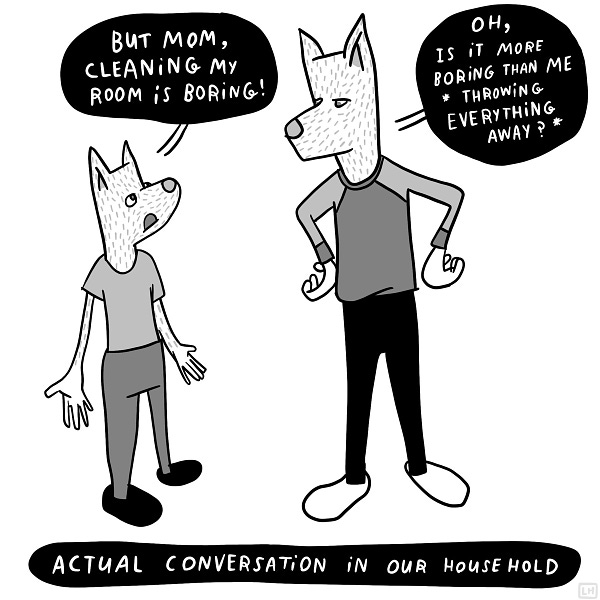
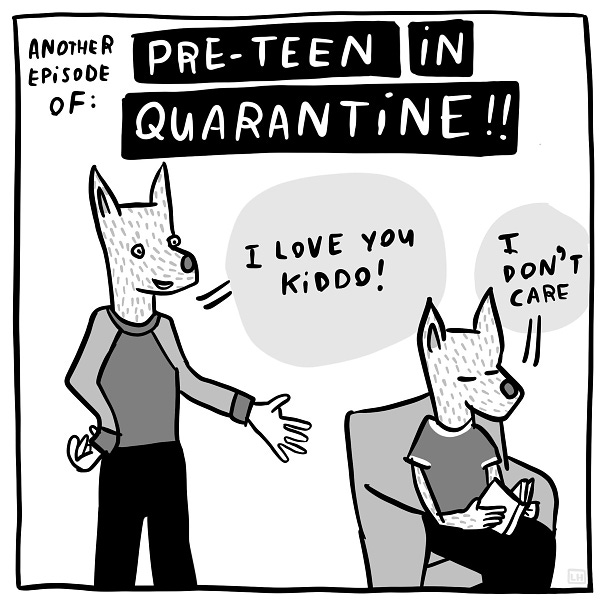
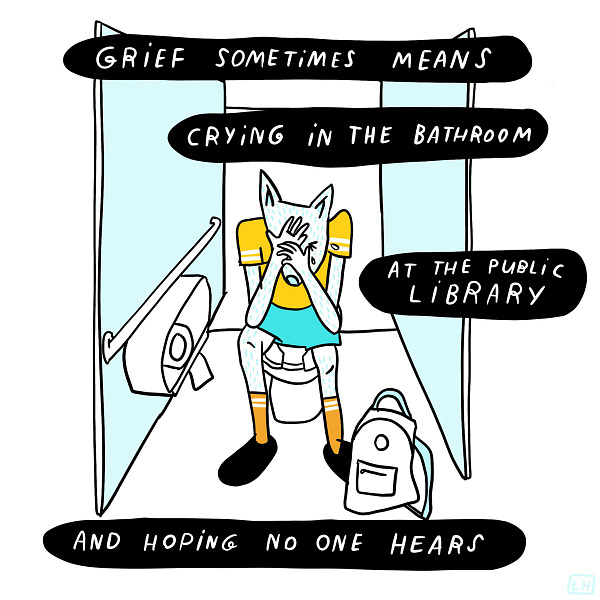
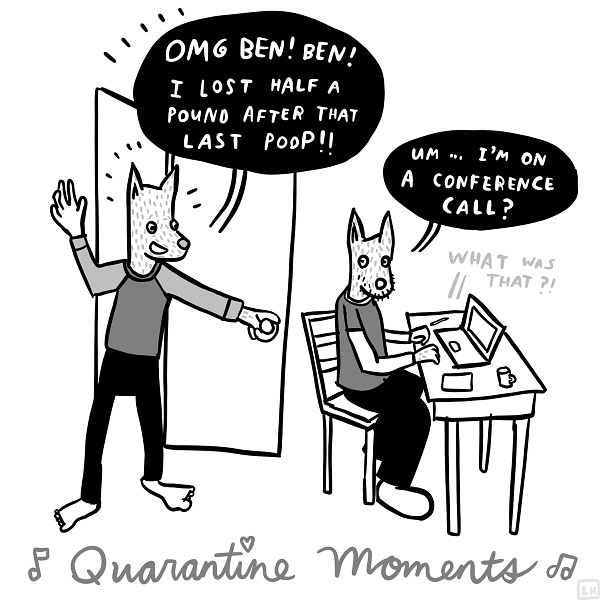
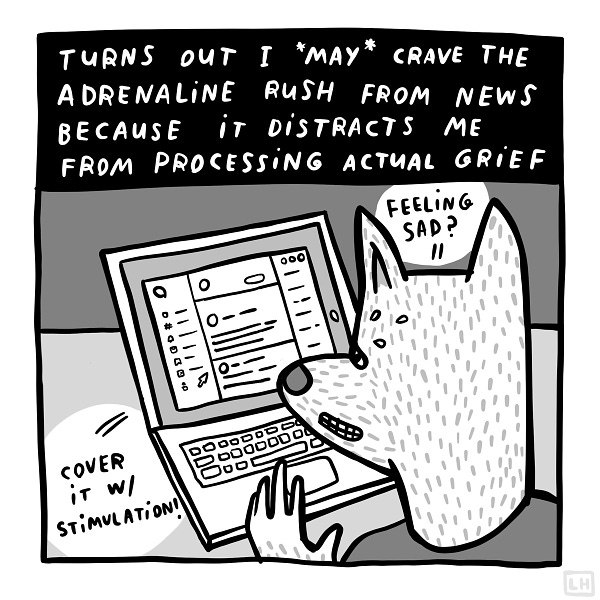
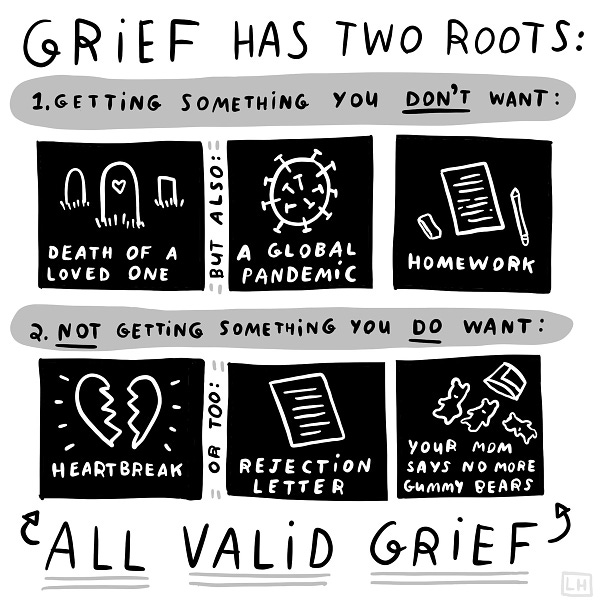
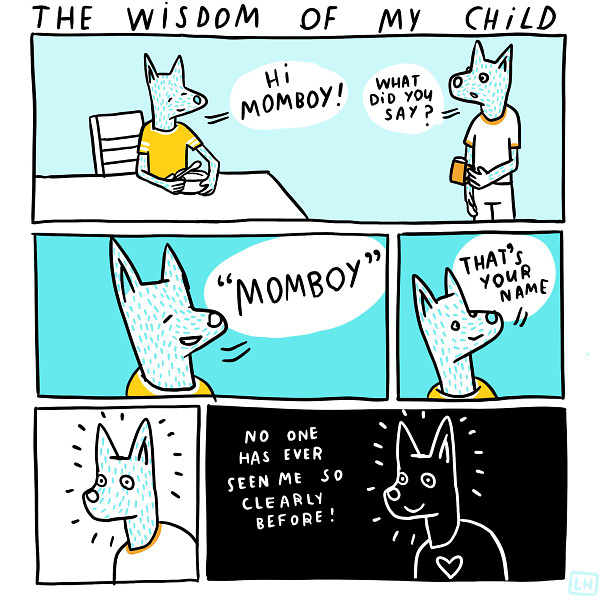

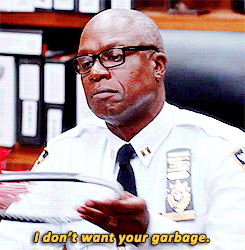
I forgot to mention that Lauren drew the Evil Witches Twitter avatar, too, which is like my Picasso drawing on a cocktail napkin https://twitter.com/TheEvilWitches/photo
"Basic spice rack of fears" what a genius phrase!!!